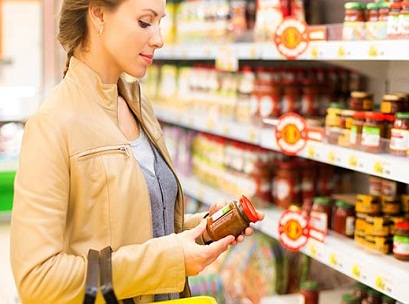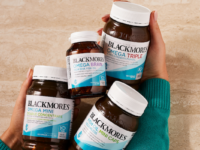 The Australian Food and Grocery Council (AFGC) conference held recently highlighted the need for change in the FMCG industry in order for brands to stay competitive. The last three years in particular have proved difficult for the industry with only 2-3 per cent growth year-on-year.
The Australian Food and Grocery Council (AFGC) conference held recently highlighted the need for change in the FMCG industry in order for brands to stay competitive. The last three years in particular have proved difficult for the industry with only 2-3 per cent growth year-on-year.
Australian supermarkets are driving down prices, consolidating product ranges and introducing more private-label products in order to remain competitive and as a result many brands have experienced stagnating growth with many in the independent grocery sector down double figures year-on-year.
Peter Hanson from Crossmark shares his ideas on how brands in the independent grocery sector can stay competitive, increase cost-efficiencies and minimise lost sales.
Consider new strategic partnerships with field sales and marketing specialists
Using an external field sales agency with specialist expertise in the independent grocery sector can pay big dividends when times are tough.
Agencies that invest in technology and have trained sales staff on the ground nation-wide will ensure that marketing campaigns and in-store merchandising initiatives can be deployed quickly and strategically.
While it is important to capture and analyse the right data to manage the performance of the program, it’s also important to design and implement new data-driven strategies.
Joint partnership with another FMCG brand in the independent channel
With many FMCG brands looking to better manage their ROI in this channel, sharing outsourcing costs with other brands can be a smart move. One of the most expensive outlays for brands in the independent sector is its sales teams, who are responsible for growing distribution, increasing sales and providing layout recommendations to stores, while conversing with 1000+ individual “CEOs” at store level for sign off.
Independents have the authority to order new brands on the spot (unlike the major supermarkets where the buying power is controlled through head office), which is why the sales teams must be highly capable, dynamic and customer centric individuals.
FMCG brands should review their in-store strategy and seek ways to maximise sales while managing operating costs.















